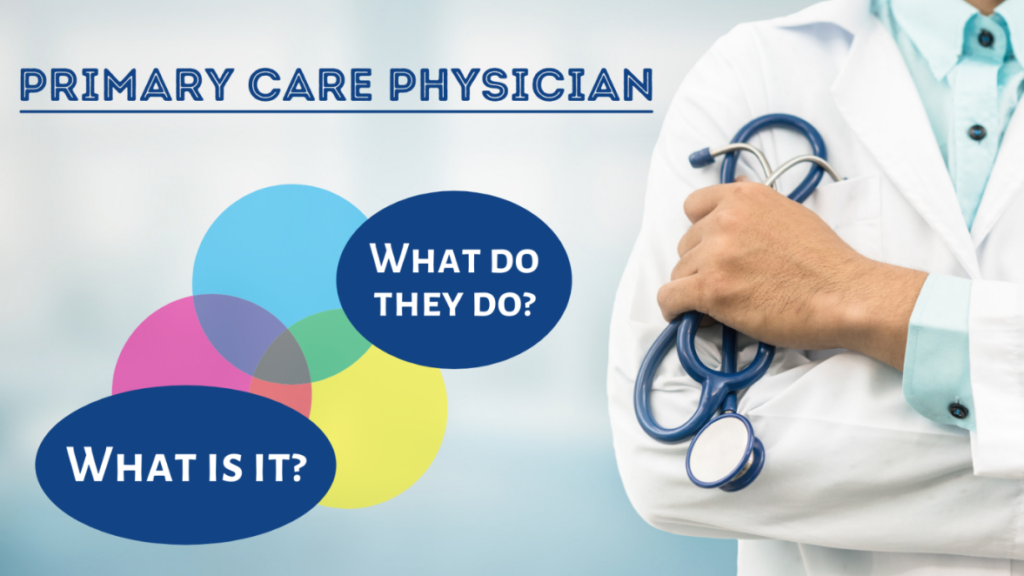Are you living with a chronic illness? How do the physical effects of your ailment affect your mental well-being? Living with a long-term disease or condition can be tough, and it’s normal to experience emotional and psychological challenges. We will discuss how chronic illnesses can affect mental health and provide resources for support. From understanding the connection between physiological changes in the body to coping strategies to aid with depression or anxiety, we explore every aspect that plays into this important topic. With expert insight and reported experiences from real sufferers, discover all you need to know about managing your emotions while living with a chronic illness.
Read more: Pickleball for Weight Loss: Here’s What the Science Says
Introducing the Mental Health Challenges of Chronic Diseases
What if I told you that something as seemingly simple as managing a chronic health condition could profoundly impact your mental well-being? Many people living with chronic diseases, such as diabetes, cancer, or heart disease, experience a wide range of mental health challenges, from anxiety and depression to feelings of hopelessness and isolation.
The physical symptoms of these conditions can be difficult enough to manage, but their toll on mental health can be just as significant. It’s important to recognize and address these challenges head-on and to seek the support and resources you need to manage your chronic condition and prioritize your mental health.
Read more: The Surprising Health Benefits of Living in the Desert
The Role of Stress in Chronic Illness and Mental Health

Stress is something we all experience at some point in our lives, whether it’s through work, relationships, or health issues. But did you know that chronic stress could lead to long-term health problems? This is especially true for those with chronic illnesses or mental health disorders.
The constant release of stress hormones can wreak havoc on your body and increase your risk of heart attacks, strokes, and even cancer. And when it comes to mental health, chronic stress has been linked to depression, anxiety, and other disorders. So if you’re feeling stressed, it’s important to find ways to manage it, whether through meditation, exercise, or seeking professional help. Don’t let stress control your life and put your health at risk.
Read more: What Does a Sudden Change in A1C Mean?
Exploring the Links between Physical and Mental Illness
Have you ever considered that there may be a connection between your physical health and your mental well-being? Recent research has highlighted the links between physical and mental illness, showing how conditions such as obesity, diabetes and heart disease may increase the risk of mental health issues such as depression and anxiety. On the other hand, mental health problems can also harm physical health, causing changes in appetite, energy levels and sleep patterns. By understanding these connections and adopting a holistic approach to health and wellness, we can work towards promoting both physical and mental well-being.
Read more: Benefits of Going Sugar-Free for a Month: What to Expect
Understanding How Medication Can Impact Your Mental State
Are you feeling “off” after starting a new medication? While medication can be a lifesaver for many physical conditions, it’s important to understand how it can affect your mental state as well. Some medications have been known to cause mood swings, depression, or anxiety.
Communicating any changes in your mental state to your doctor is essential so they can work with you to find a solution. Don’t be afraid to advocate for yourself and your mental health. Understanding how medication can impact your mental state is important in taking care of yourself.
Read more: How Does Low Testosterone Affect My Sex Drive?
Strategies for Coping with Stress and Maintaining Mental Health
Living in today’s world can be incredibly stressful, and it’s easy to get overwhelmed by the daily grind. Many of us struggle with managing stress and maintaining mental well-being, but the good news is that you can use strategies to cope with these challenges. One important approach is finding healthy stress outlets, such as exercise, meditation, or even talking with a friend.
Another key strategy is to prioritize self-care, whether that means taking time for relaxation or doing something you enjoy. By making these small changes in your life, you can improve your mental health and well-being and be better equipped to face the challenges that come your way.
Read more: Chronic Disease vs. Acute Disease

Connecting with Others to Find Help and Support for Chronic Disease Management and Mental Health
Do you ever feel like you’re alone in managing your chronic disease? It can be a hard road to navigate. But connecting with others who are going through the same thing can make a world of difference. Reach out to support groups. Join online forums. Or simply talk to friends and family. You can find a network of people who understand what you’re going through and can offer advice, empathy, and encouragement.
Caring for your health is a team effort; finding the right teammates can make all the difference. Don’t be afraid to reach out and connect. You might just find the support you’ve been looking for.
Read more: Can Anxiety Cause High Blood Pressure?
FAQs
Do chronic diseases really raise the risk of depression or anxiety?
- Yes. People living with long-term conditions have a higher risk of depression due to stress of illness, possible brain changes (e.g., after stroke/Parkinson’s), and even some treatments.
Which conditions are most linked with mood problems?
- Strong links are seen with diabetes, heart disease, cancer, COPD, and chronic pain. Examples: depression in cancer patients commonly falls in the 8–24% range; in COPD cohorts ~30% report depression and ~21% anxiety; among adults with chronic pain, about 20–40% have clinically significant depression/anxiety.
Is the relationship bidirectional (each worsens the other)?
- Often, yes. Depression ↔ diabetes is a well-studied example with evidence for two-way links via biology (inflammation, metabolic changes) and behavior.
How do mood disorders affect physical outcomes?
- Depression is associated with worse cardiovascular outcomes (e.g., after coronary events) and higher complications overall; leading bodies recommend recognizing and treating depression in cardiac patients.
What care approach helps when I have a chronic condition and depression/anxiety?
- The best-supported primary-care model is Collaborative Care (PCP + behavioral care manager + consulting psychiatrist), which improves depression outcomes and integrates smoothly with chronic-disease care. Evidence-based treatments include CBT/behavioral activation and, when appropriate, antidepressant medication.
Should I be screened for depression if I have a chronic disease?
- Yes. The USPSTF recommends routine depression screening for adults (with systems for follow-up care). Common, validated tools (e.g., PHQ-9) are typically used in primary care.
Can my condition—or its medications—trigger depression symptoms?
- It’s possible. Disease-related changes (e.g., post-stroke) and some medications can contribute to depressive symptoms; flag mood changes to your clinician so treatment can be adjusted.
What can I do this week to protect my mental health while managing my condition?
- Tell your PCP about mood/sleep/energy changes and ask about Collaborative Care or counseling options.
- Follow your treatment plan, since depression can reduce adherence.
- Add small, regular physical activity and social connection—both support mood alongside medical care.
Seek urgent help for red-flags (worsening depression, thoughts of self-harm).
Conclusion
Living with a chronic disease can be incredibly difficult and affect your mental health. It is important to remember that countless resources are available. They are there to help you cope with the stress accompanying chronic illness. There are tools to help you manage day-to-day life more effectively and maintain positive mental well-being.
Taking charge of your health and well-being will not only improve the quality of your life. It can also open up avenues for further exploration in managing chronic illness. Anyone living with a long-term condition can find ways to reduce stress, communicate their emotions, and embrace their journey.
Coachella Valley Direct Primary Care Physicians
Coachella Valley Direct Primary Care Physicians is located in Rancho Mirage, California, and serves the entire Coachella Valley for all their primary healthcare needs. Offering in-office and virtual appointments. The membership program allows you to have full access without long waiting, high unexpected healthcare costs, and doctors who work with you to help you live the best optimum life possible.
For one low monthly fee, you avoid waiting, office visit fees, and a referral network to all specialists necessary to meet your needs.
Our website – https://coachellavalleydpc.com/
Call us direct at 760-642-5549




